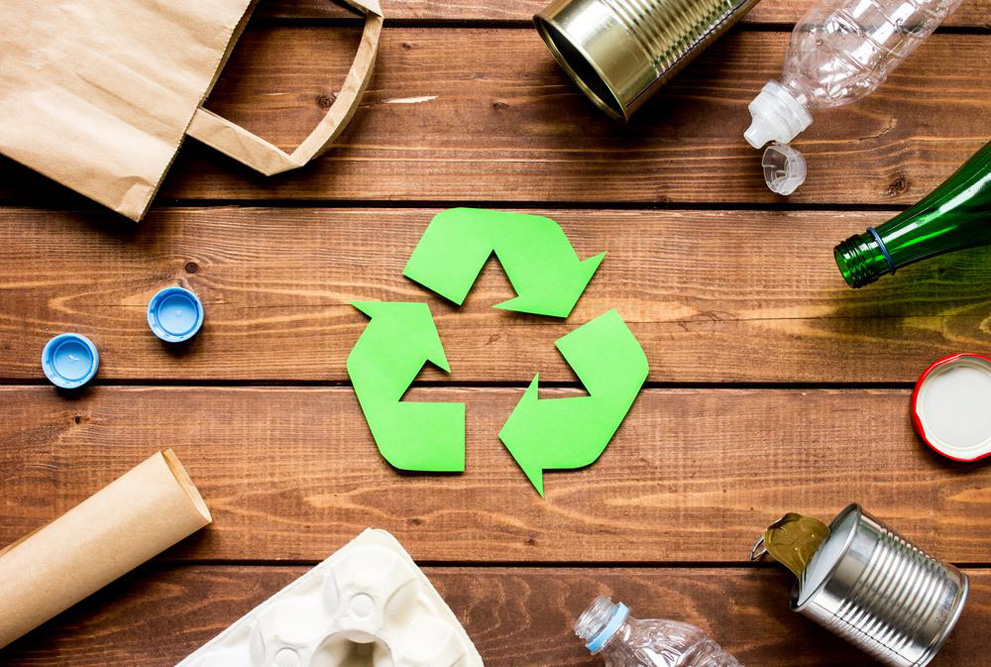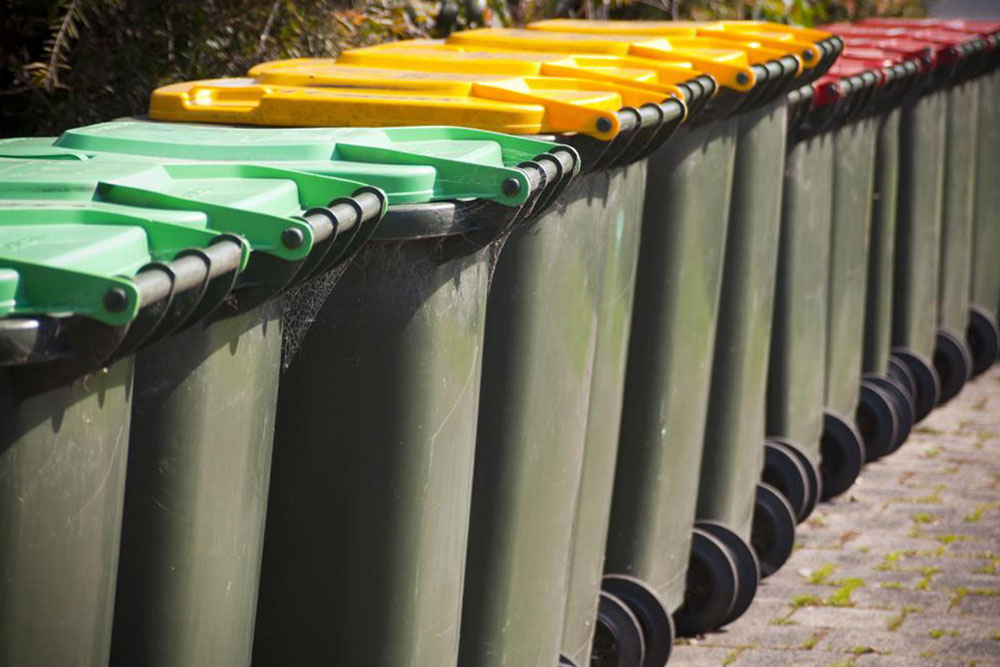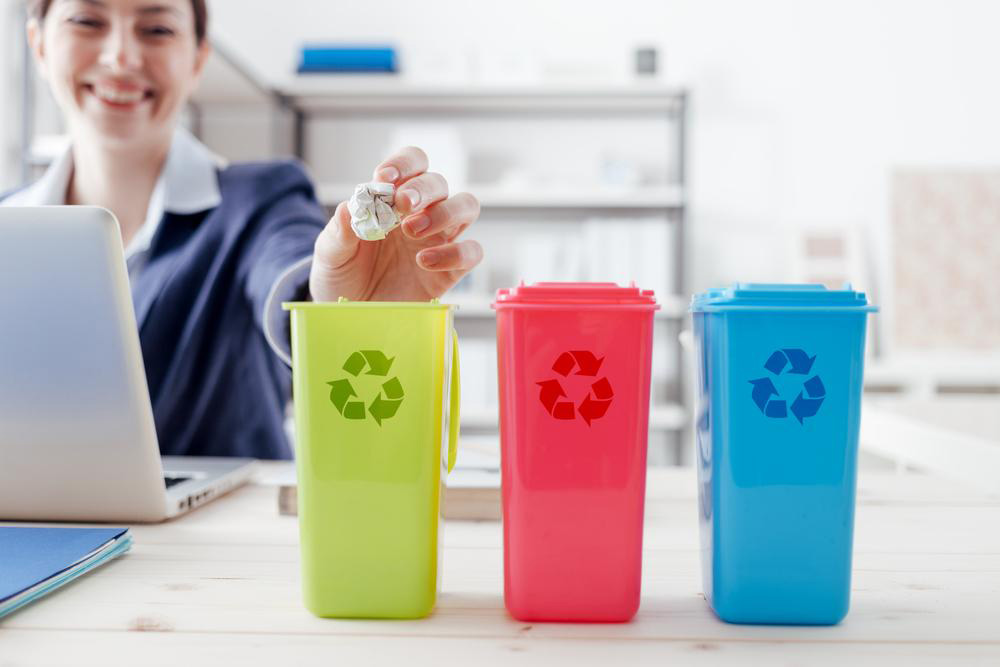Effective Strategies for Waste Management and Recycling
This article discusses effective waste management and recycling strategies, emphasizing the importance of proper disposal for environmental health. It covers types of waste, risks associated with improper handling, and the benefits of recycling. By implementing these practices, industries and individuals can significantly reduce pollution, conserve resources, and promote sustainability. The content aims to raise awareness about the importance of responsible waste management and encourages adoption of eco-friendly disposal and recycling methods for a cleaner planet.

Effective Waste Disposal and Recycling Techniques
Waste refers to any material that is discarded after use or is no longer needed. The process of managing waste includes sorting, transportation, recycling, and proper disposal. Implementing proper waste management practices is essential for environmental protection and has been a common practice for centuries.
Risks of Improper Waste Handling
Waste can be categorized as hazardous, non-hazardous, biodegradable, or non-biodegradable. Hazardous waste, such as chemicals released into water bodies, poses serious threats to ecosystems and human health. Non-biodegradable waste, like plastics and metals, persists in the environment for years and cannot be naturally decomposed.
Electronic waste, or e-waste, includes outdated devices like TVs, refrigerators, computers, and other electronic appliances. E-waste contains harmful chemicals such as mercury, cadmium, and lead, making proper disposal vital.
Proper waste management involves careful planning, treatment, and disposal of all waste types to minimize environmental impact. Recycling plays a crucial role in reducing the burden on natural resources and lowering production costs.
Recycling Benefits
Recycling transforms non-degradable waste into useful raw materials or secondary products, making it easier to reuse existing resources. It is more energy-efficient than manufacturing new materials from scratch and is highly demanded in various industries. Small and large-scale industries benefit from recycling by reducing material costs and supporting sustainability efforts.
Note: The information shared here is for educational purposes. While our team conducts thorough research, it should not be considered definitive. Users are advised to verify data and explore additional resources or schemes that might be more suited to their needs. The website cannot be held responsible for data inaccuracies or missing promotional offers.










